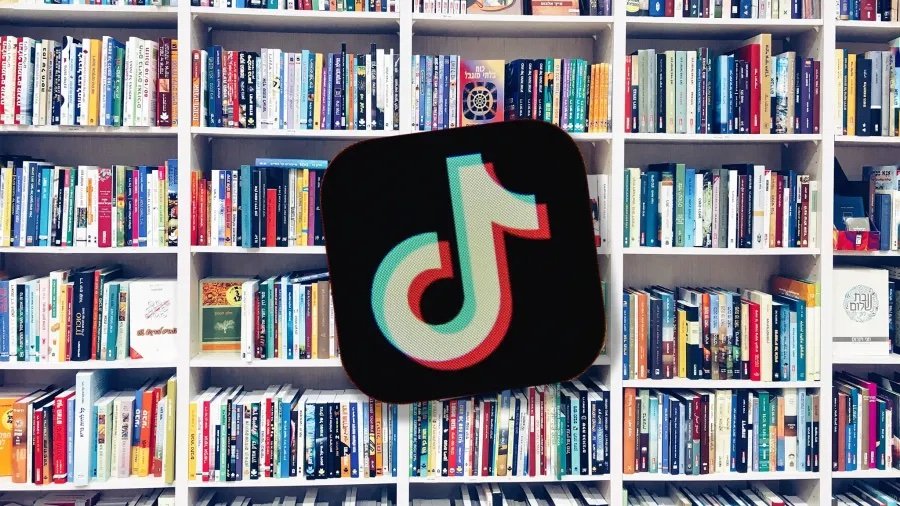'BookTok': The Impact of TikTok on the Publishing Industry
Photo Courtesy of: Financial Times
If you like books, and enjoy spending time on TikTok, then you may well have heard of Colleen Hoover, aka the ‘Queen of BookTok’. Hoover’s career had humble beginnings, starting with self-publication back in 2012. This changed completely in 2020, when her 2016 book, It Ends With Us, skyrocketed the sales charts, with over 308,000 copies sold since the start of 2021. Why the sudden spike in sales for a book that was released six years ago? TikTok, or specifically ‘BookTok’, is the answer.
‘BookTok’ is a subculture on the social media platform TikTok, where those interested in reading can share their thoughts and recommendations. Videos with the ‘colleenhoover’ hashtag have amassed over 2.5 billion views, alongside many other similar tags. The use of hashtags under BookTok videos attract the attention of many fiction readers and ultimately encourages them to buy more and more books. Many other authors have since become TikTok favourites, including Sarah J Maas (A Court of Thorns and Roses) and Chloe Gong (These Violent Delights).
The rise of TikTok itself is unique . The emphasis on short, 15-second videos has expanded creativity and created multiple streams of interaction. By 2019, TikTok was the 3rd most downloaded app. Throughout 2020, accounts such as @caitsbooks and @thecalvinbooks began to dedicate videos to fiction reading, expressing their views on books to their hundreds of thousands of followers. Not only is TikTok now becoming the ‘fastest growing news source for UK adults’, but it is also becoming a hub of literary activity. Although there is a specific focus on the younger generation, TikTok has created a platform that caters to all fiction needs, unlike anything else before.
According to Forbes, the U.S. print book market was up 9% since 2020, and the impact of TikTok on these numbers is widely acknowledged. ‘BookTok festivals’ at Waterstones, Britain’s leading specialist book retailer, highlight the footprint TikTok has left on the publishing industry.
Has the power dynamic in publishing begun to change? It is clear that the increase in sales due to TikTok has particularly favoured publishing companies who have decided to take action by utilising social media as an approach for marketing and promoting upcoming titles. A particularly good example is Penguin Random House Publishing’s @penguin_teen account, with over 276,400 followers and a consistent stream of video content.
Ultimately, TikTok’s impact on the publishing industry, and the way books are promoted, will most likely continue to grow. The ‘BookTok’ community adds a personal touch; readers no longer rely on lifeless words from a reviewer, but can engage with an individual who shows a more human perspective. Through emotive language, they compel the viewer to seek that feeling for themselves – which can only be done by purchasing even more books.

